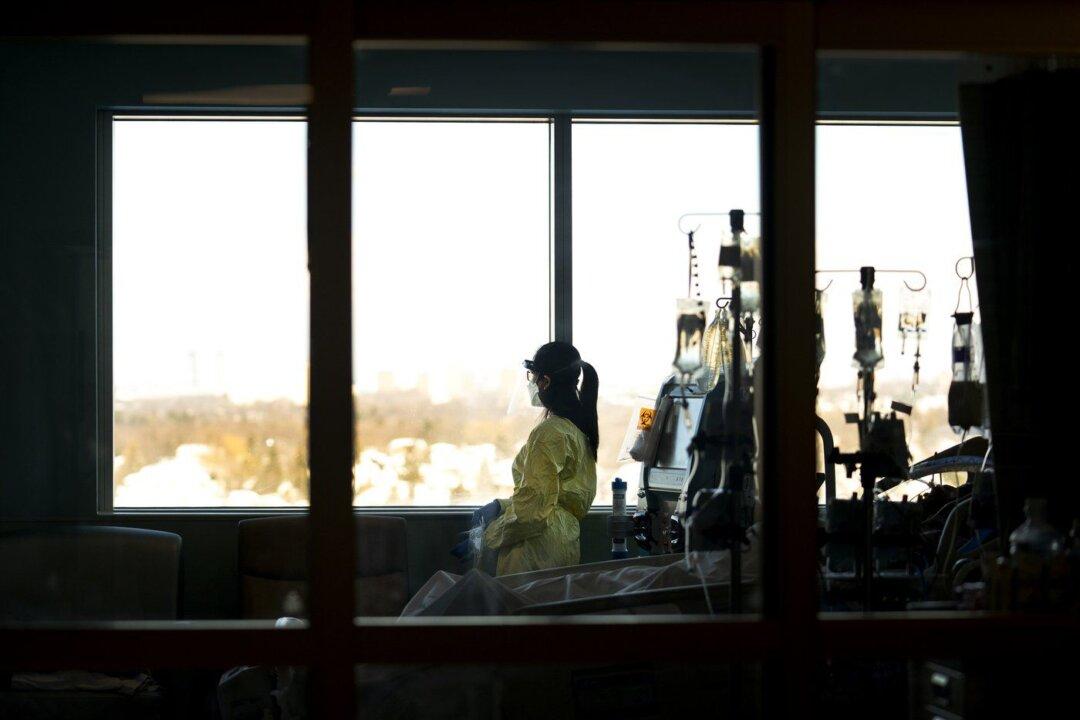Canada’s health ministers are set to meet in British Columbia this week, four months after premiers from across the country gathered in Victoria to show a united front of frustration over what they called a “crumbling” health-care system.
All 13 provincial and territorial health ministers are expected to meet with their federal counterpart, Jean-Yves Duclos, today and tomorrow in Vancouver.





